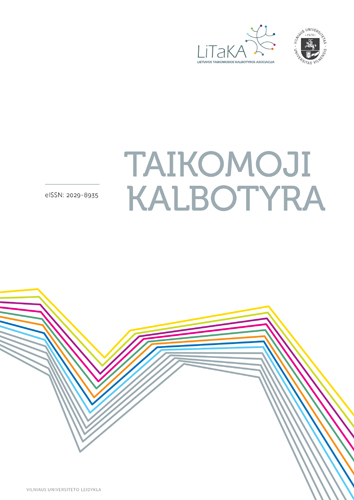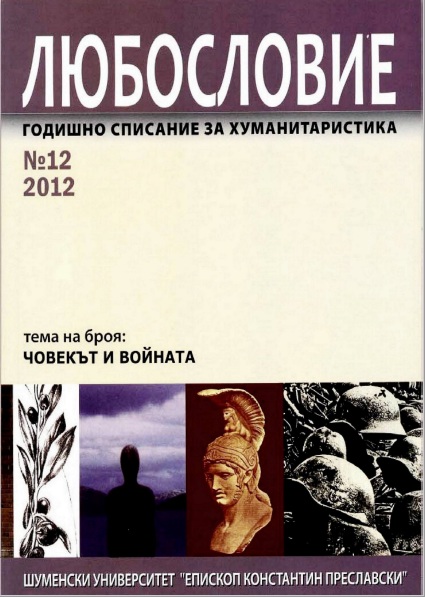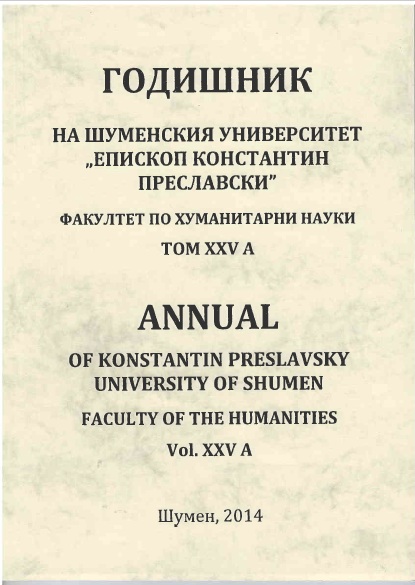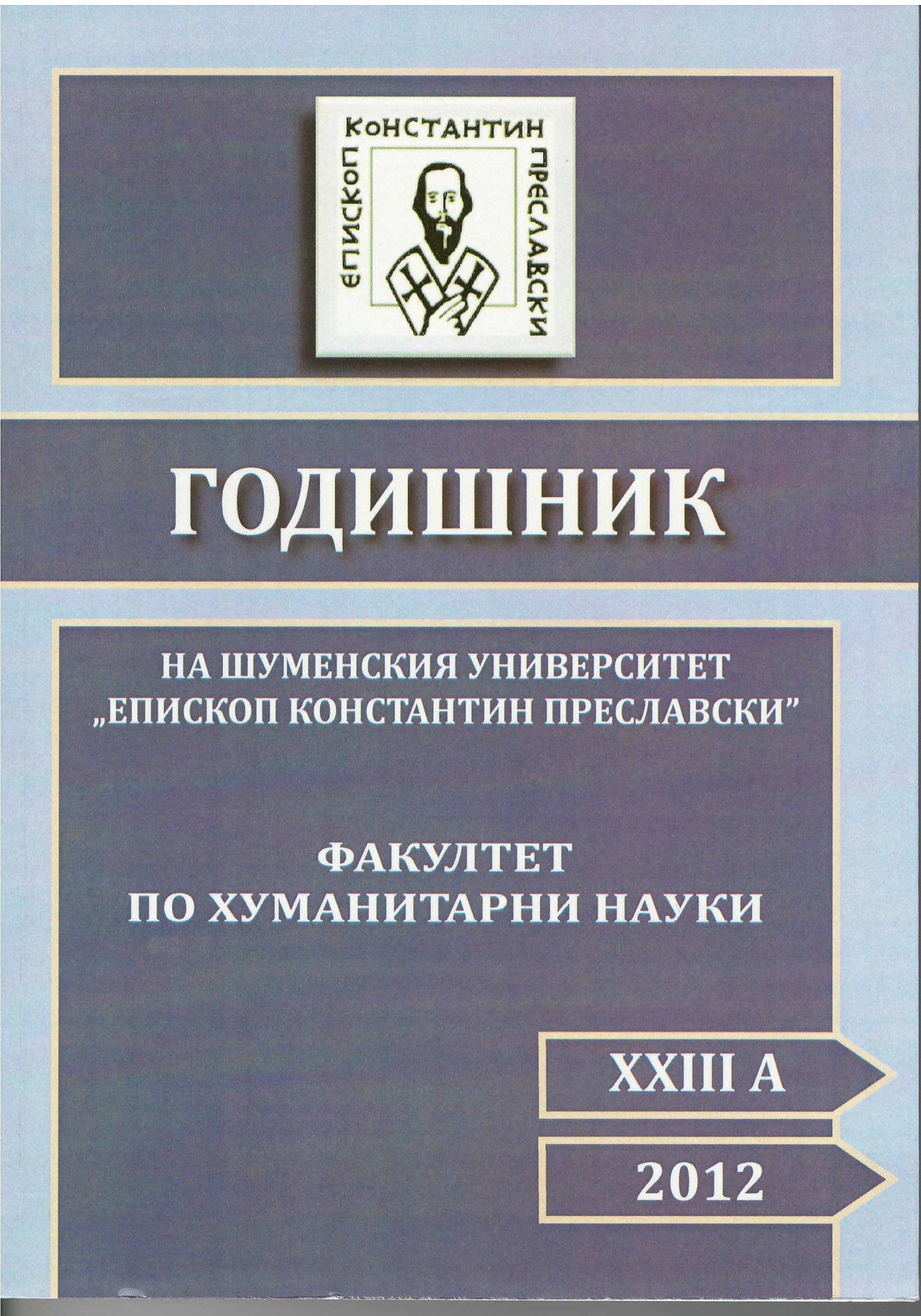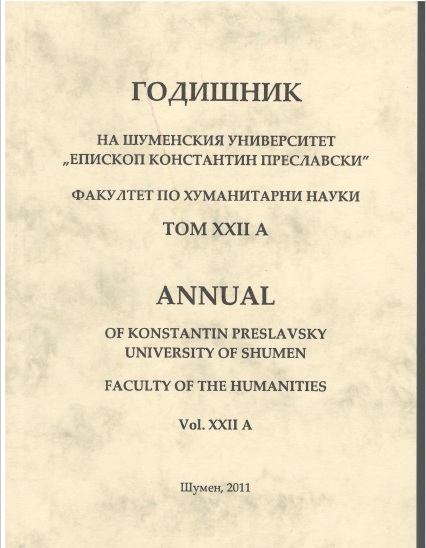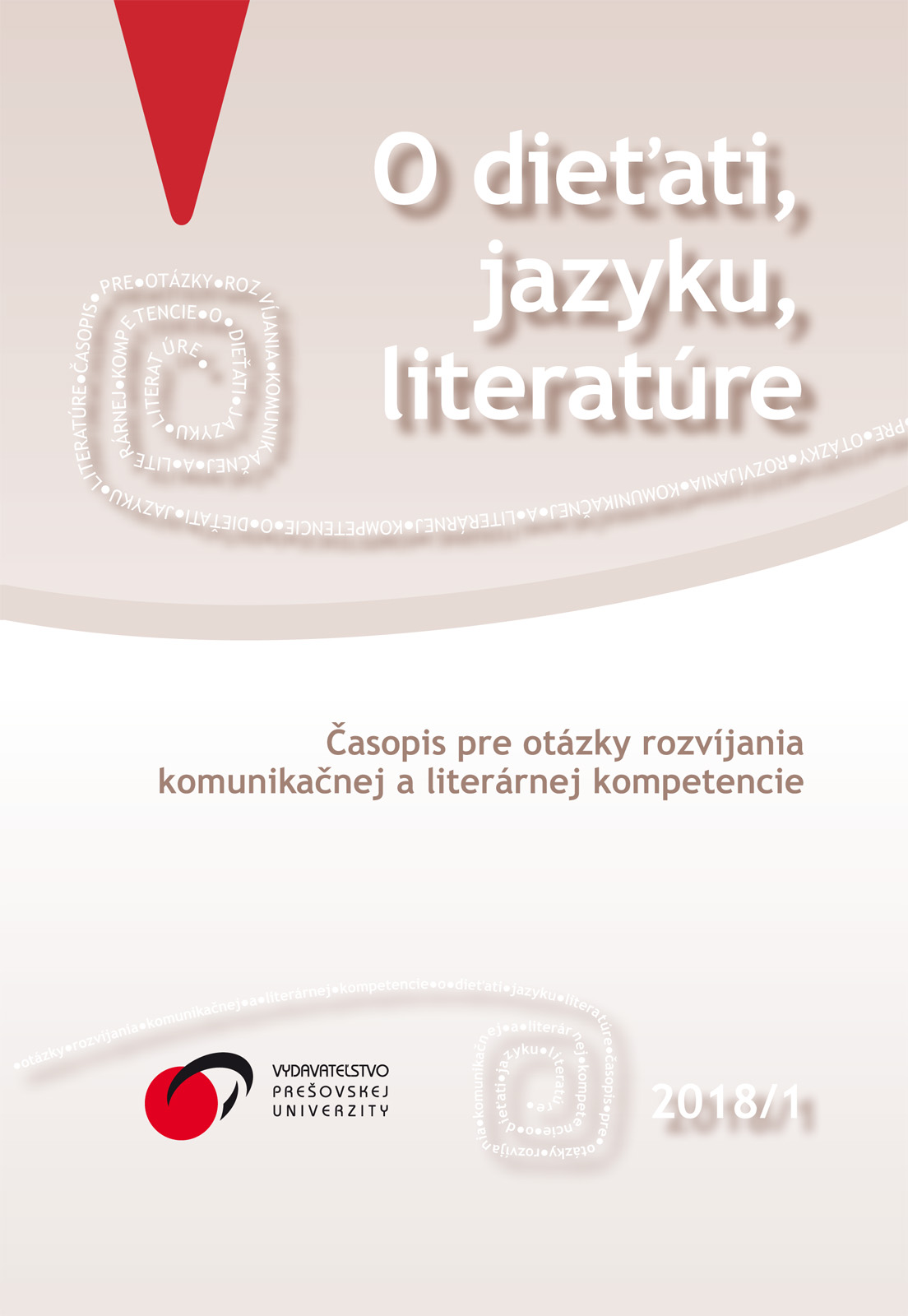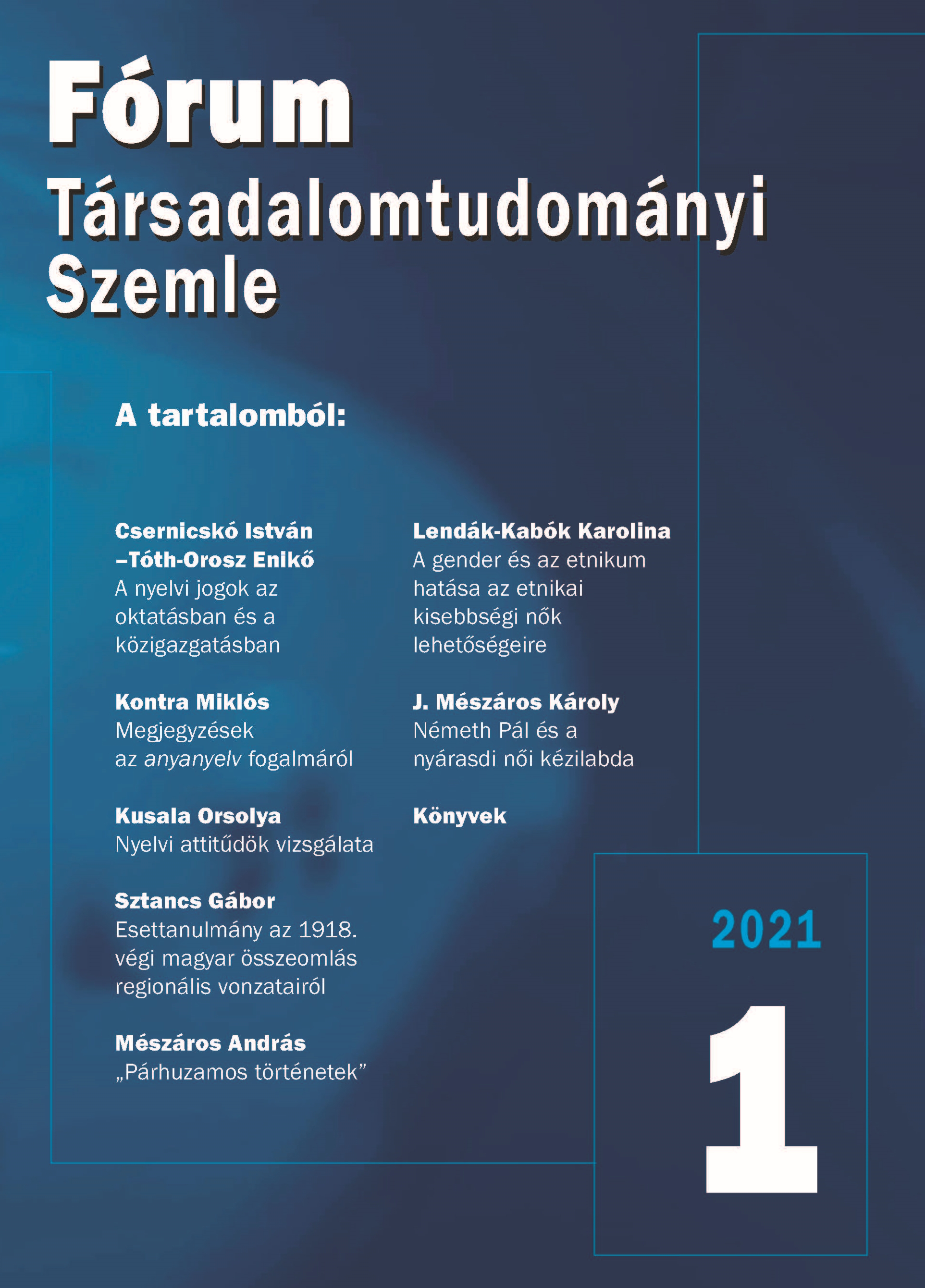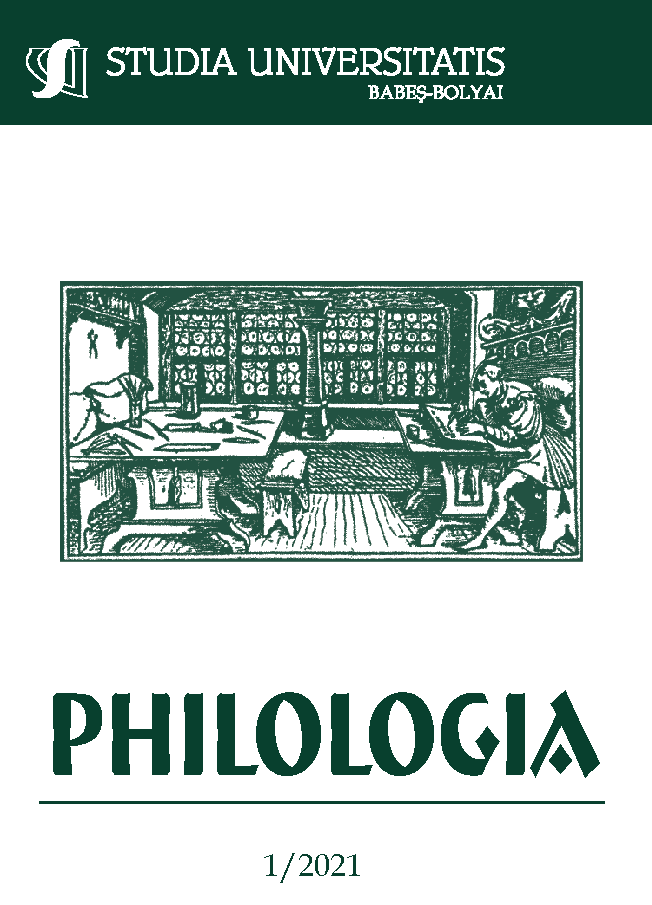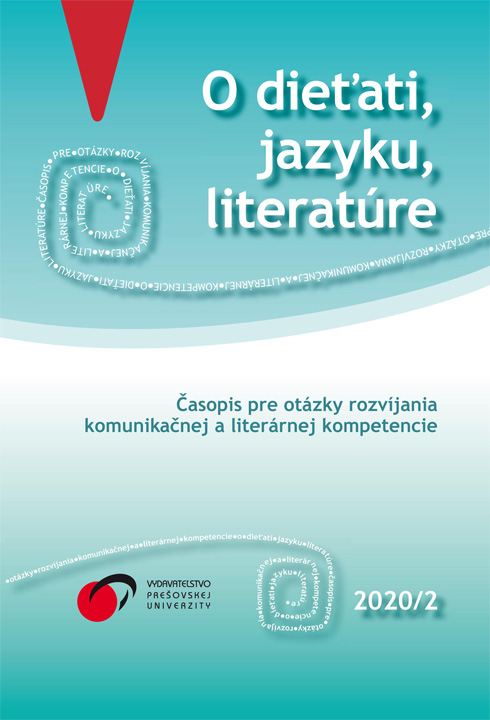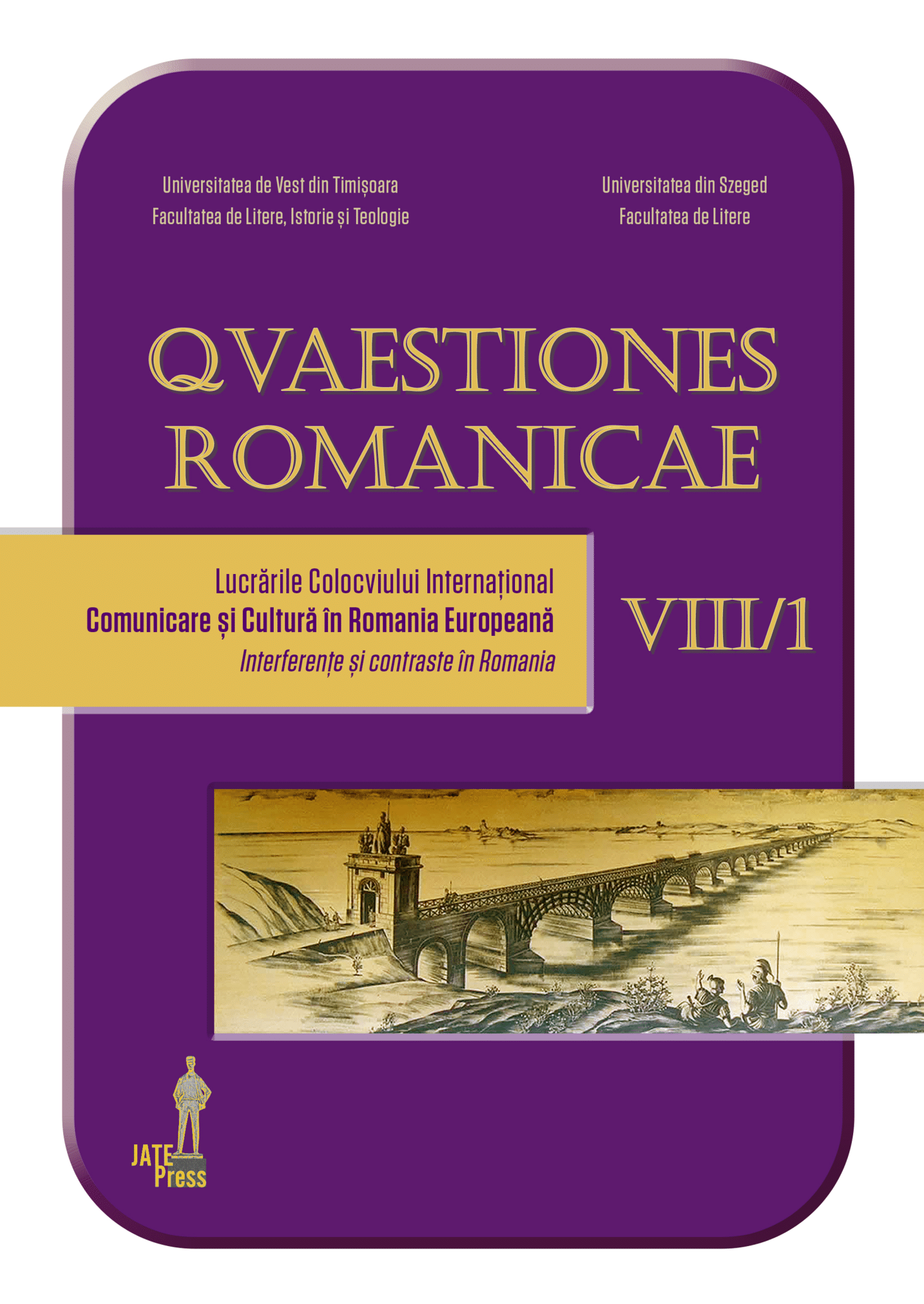Didattica 2.0 nell’insegnamento / apprendimento della lingua italiana l2 a scopi professionali
The web 2.0 imposes a rethinking of foreign language teaching in terms of real life, in and outside the classrooms. Due to the internet, today’s learning acquires valences such as knowledge generation, cancellation of spatial and linguistic barriers, etc. However, due to the cancellation of barriers, internet can turn learning into a disordered, arbitrary and discussable activity. The invention of 2.0 didactics answers the expectations of youth generations “taken over” by the social media.
More...
